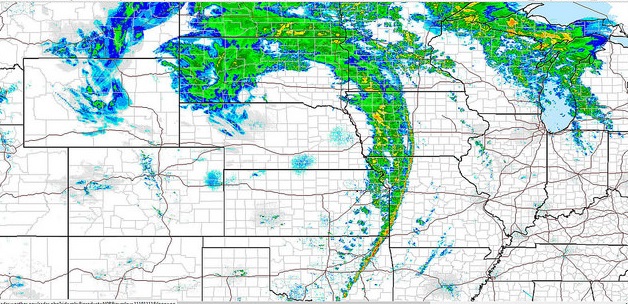Welcome to the scientific documentation for the parameterizations available in the Common Community Physics Package (CCPP) v5.0.0 and the suites that can be configured using them.

The CCPP-Physics is envisioned to contain parameterizations used in NOAA's Unified Forecast System (UFS) applications for weather through seasonal prediction timescales, encompassing the current operational GFS schemes as well as developmental schemes under consideration for upcoming operational implementations. New in this release is suite RRFS_v1alpha, which is being tested in the UFS Short-Range Weather Application for future use in the convective-allowing Rapid Refresh Forecast System (RRFS), slated for operational implementation in 2023. Convection-allowing models allow us to begin to resolve the fine details within storm systems that are necessary for the accurate predition of high-impact events such as tornadoes, flash floods, and winter weather. Experience gained from the development of earlier operational and experimental convective-allowing models (CAMs), such as the High Resolution Rapid Refresh (HRRR) and HRRR Ensemble (HRRRE), the North American Mesoscale Forecast System (NAM) nests, the NSSL Experimental Warn-on-Forecast System for ensembles (NEWS-e), the NCAR experimental CAM ensemble, and GFDL's FV3-based CAM efforts, guide this process.
The CCPP parameterizations are aggregated in suites by the host models. The CCPP Single Column Model (SCM), developed by the Development Testbed Center, supports suites GFS_v15p2, GFS_v16beta, GSD_v1, csawmg, and RRFS_v1alpha, while the UFS Short-Range Weather Application supports suites GFS_v15p2 and RRFS_v1alpha. The UFS Medium-Range Weather Application is not intended for use with CCPP v5.0.0.
In this website you will find documentation on various aspects of each parameterization, including a high-level overview of its function, the input/output argument list, and a description of the algorithm. More details about this and other CCPP releases may be found on the CCPP website hosted by the Developmental Testbed Center (DTC).